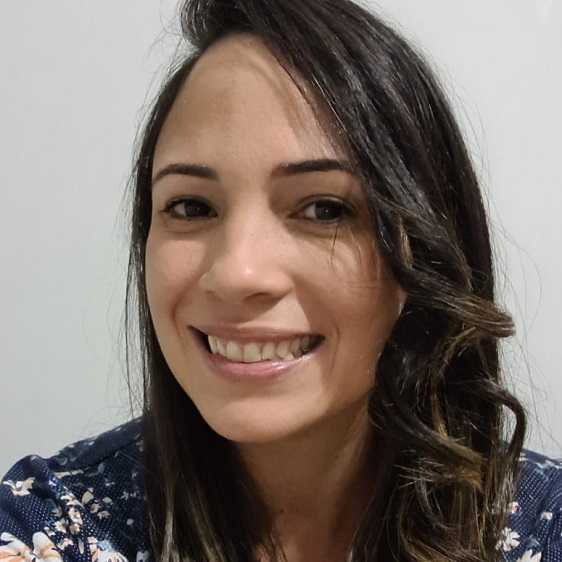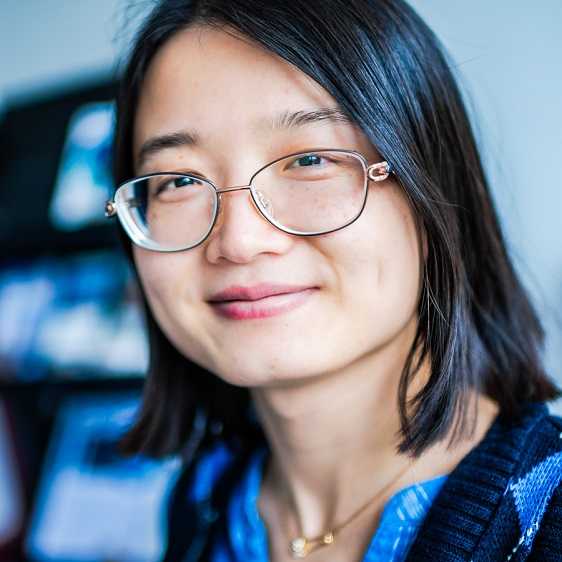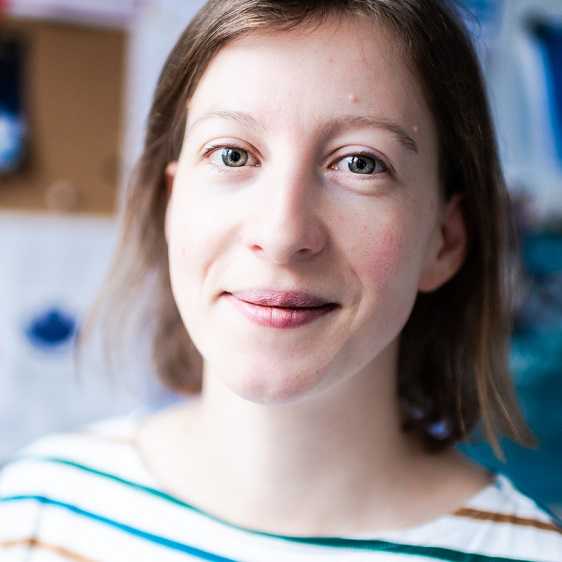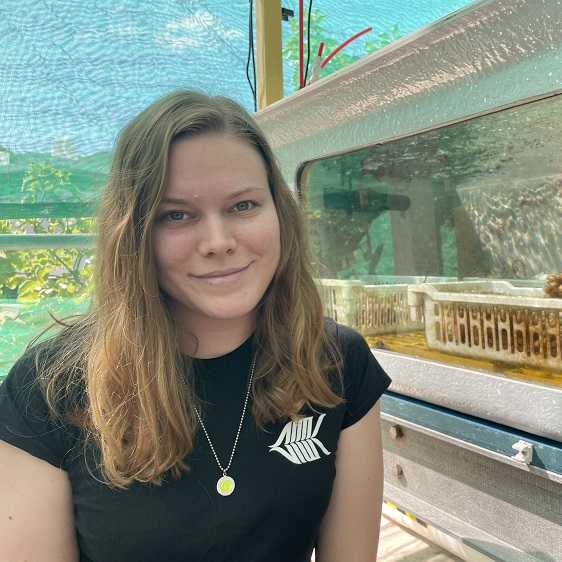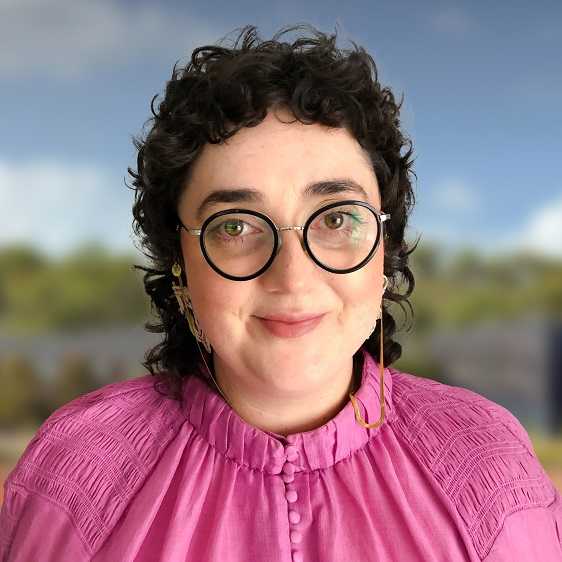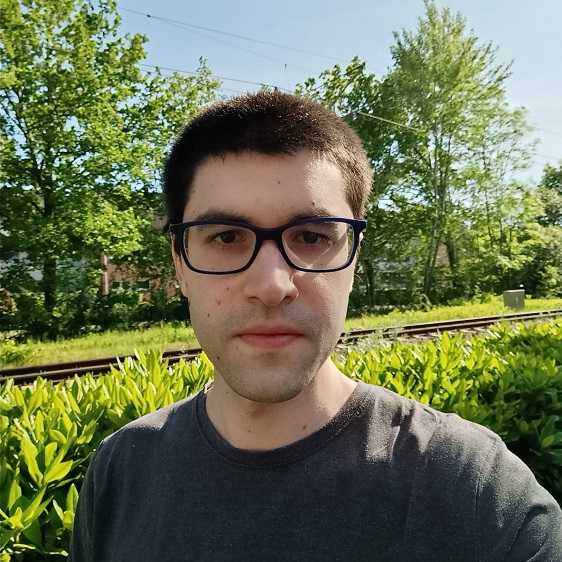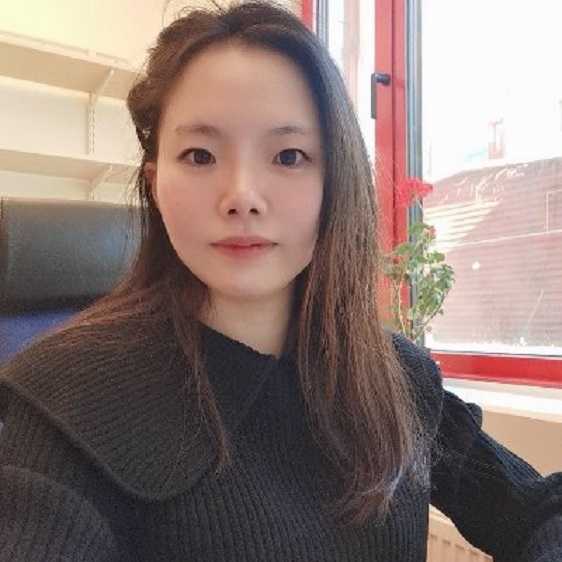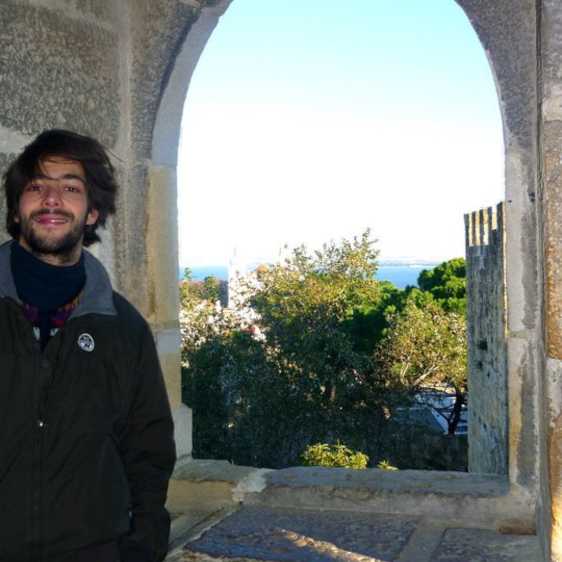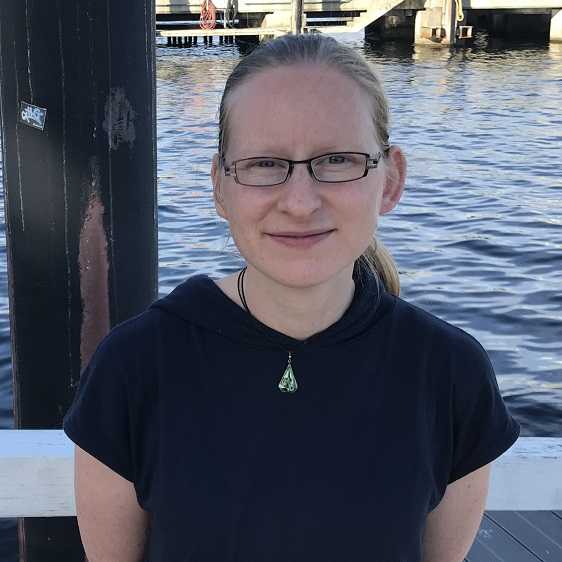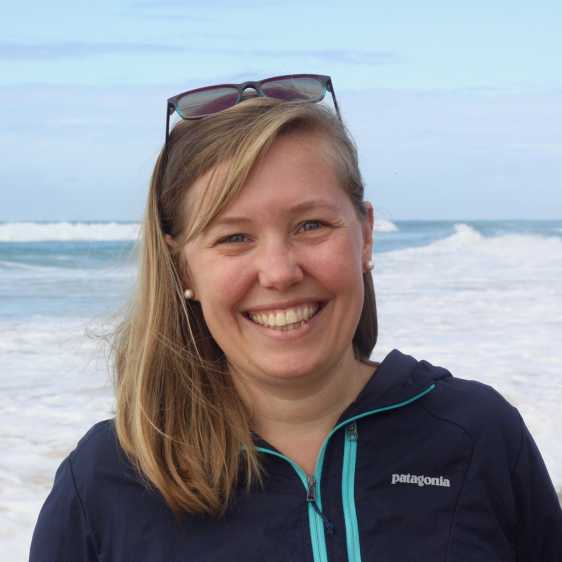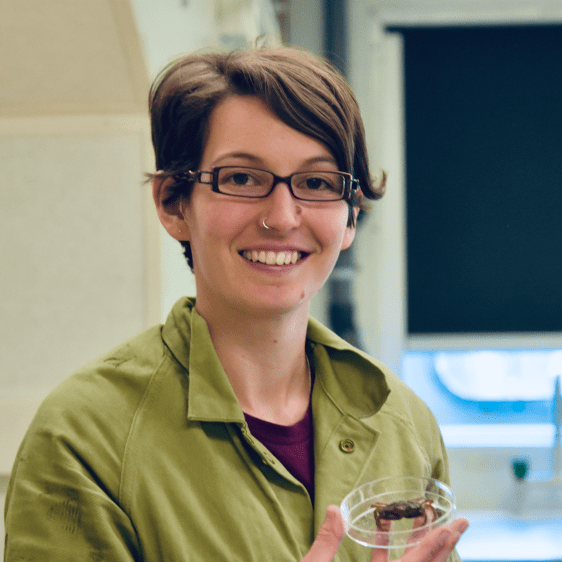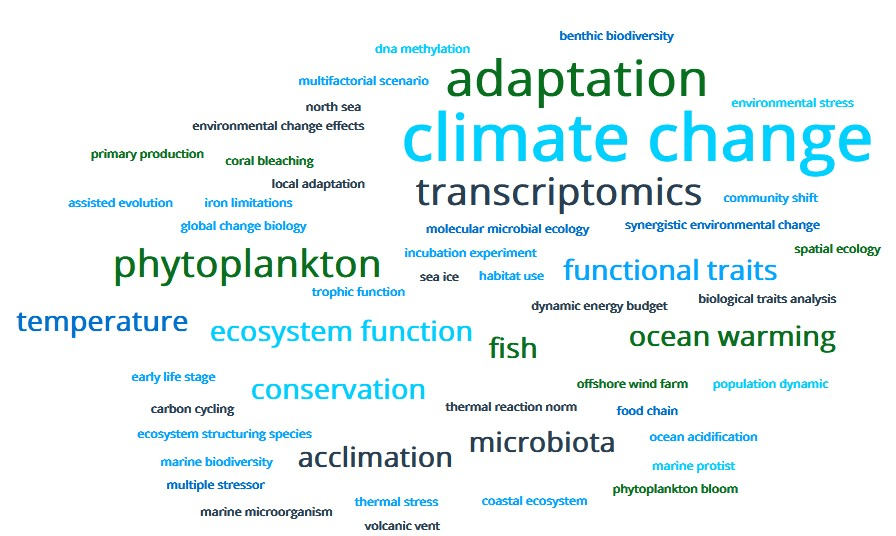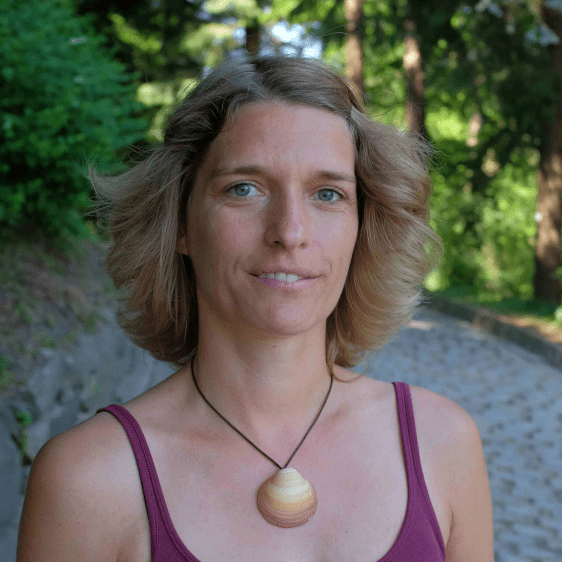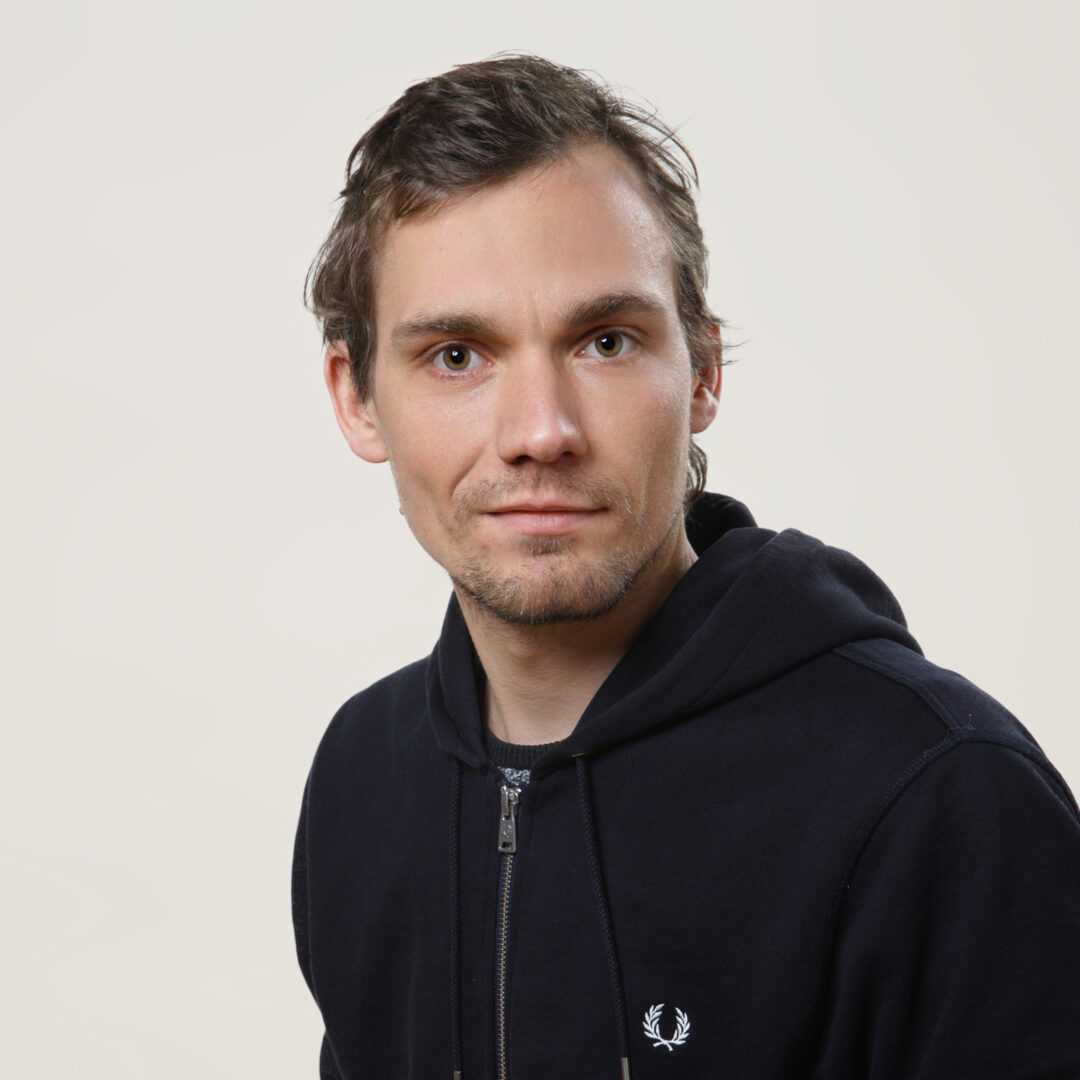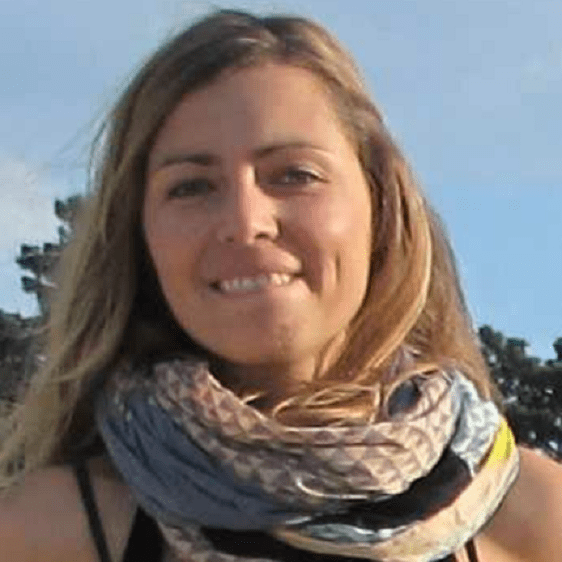HIPP’s mission is to stimulate integrative and innovative research on functional marine biodiversity and marine conservation. HIPP offers postdoctoral scientists the opportunity to develop own research ideas and to actively shape their scientific careers.
HIPP is HIFMB‘s major strategic instrument to closely interlink with other university and non-university research institutes.
Content
Background
HIFMB is a highly interdisciplinary research environment that currently brings together experts from 18 countries who focus on contemporary yet distinct topics of research. Our growing research portfolio to understand marine systems at the HIFMB spans from molecular ecology to human geography, microbial metabolism to mathematical modeling and art. In order to address questions of global importance related to functional marine biodiversity and marine conservation and to stimulate an integrative and innovative research environment, HIFMB has created an independent postdoc pool, HIPP, that offers postdoctoral scientists the opportunity to develop their own research ideas and to actively shape their scientific careers.
For each call, we set a topical context in order to foster collaborations between postdocs. Interdisciplinary interactions are particularly encouraged within the HIPP cohort, built on the principle that major scientific and societal challenges can only be solved by collaborating with experts from different areas.
The Cohort Concept
The cohort concept is a concerted effort to tackle an overarching research question related to the mission of HIFMB and the deliverables specified in the Helmholtz program subtopic 6.1.
A cohort project runs for 36 months and each year one new cohort project comprising 5-6 postdoc positions will be announced. Each project aims at understanding the functional role of biodiversity in marine systems and its consequences for societies. They are written by multiple advisors of the HIFMB community who have similar or complementary interests. HIPP Postdocs are co-supervised by at least two PIs.
Cohorts & Calls
Call 26: The Dilemma of the Southern Ocean: Ecosystems, Sustainability and Competing Interests at the Edge of the World
Antarctica is often called the world’s last great wilderness, surrounded by a so-called ‘pristine’ ocean that harbours a highly diverse fauna of invertebrates, fish, birds, and mammals. This Southern Ocean covers nearly 10% of the world’s total ocean space. It is a habitat for over 10,000 known marine species. Politically, it is special in that the majority of the space represents Areas Beyond National Jurisdiction (ABNJ). This means that much of the Southern Ocean is, theoretically, open to all nations and has no national-level governance. The region is currently governed through the international Antarctic Treaty System (ATS), with the Southern Ocean under the remit of the Convention for the Conservation of Antarctic Marine Living Resources (CCAMLR). Today, Antarctica and its surrounding waters are experiencing an increasing intensity of commercial, scientific, and political developments. The Southern Ocean is no longer a remote region (if it ever was). Scientists, fishers, and tourists travel to Antarctica and its surrounding waters to explore it, and also, in some cases, to exploit it.
At the same time, the Southern Ocean, which plays a key role in regulating our climate through ocean currents, sea ice, and its ability to absorb heat and CO2 from the atmosphere, is undergoing climate-related changes. It is not beyond the reach of human-induced changes to our planet. In recent decades, environmental changes such as rising atmospheric and oceanic temperatures, reduced sea ice extent, ice shelf thinning, glacier retreat, and increasing ocean acidification have been observed. Record values have been reported, such as in February 2023, when the lowest sea ice extent since satellite observations began in 1979 was recorded at just 2.01 million km. These environmental changes are having profound biological effects, including changes in primary production, community composition, and poleward shifts of species. Species that are endemic to the high southern latitudes and specially adapted to cold conditions are particularly vulnerable, as their habitats with optimal environmental conditions become increasingly scarce. All in all, these ongoing changes highlight the urgent need to rethink the management of this unique region, ensuring that it remains resilient in the face of both human pressures and climate change.
The cohort will include four positions, covering natural and social science perspectives, that will cohere around the ‘dilemma’ facing the Southern Ocean: how competing interests impact its governance, but also drive the need for greater science to understand its changes:
#1 Geopolitical dilemmas for management: transfer for governance
#2 Sustaining the keystone: Rethinking Antarctic krill fishery management under climate change
#3 Navigating uncertainty: Planning marine protected areas in a changing Southern Ocean
#4 Acoustic possibilities for Southern Ocean management dilemmas
Call 25: Making Sense of Tipping Points for Biodiversity: Ecosystem and Societal Perspectives
The work of this cohort addresses the theme of “Making sense of tipping points for biodiversity: ecosystem and societal perspectives“ in collaboration with the broader HIFMB community. The cohort jointly develops novel research approaches to tipping elements in both natural and societal dimensions. Each of the subprojects works with concepts of connectivity and isolation as well as scale (local to regional). The projects research, among other things, whether adaptation and adapting – for environments and people – allows avoiding tipping in either emergent properties or single aspects of ecological systems or societal worlds.

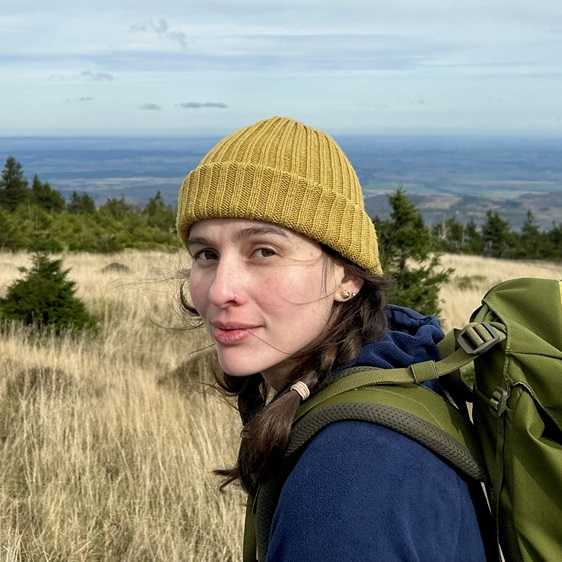
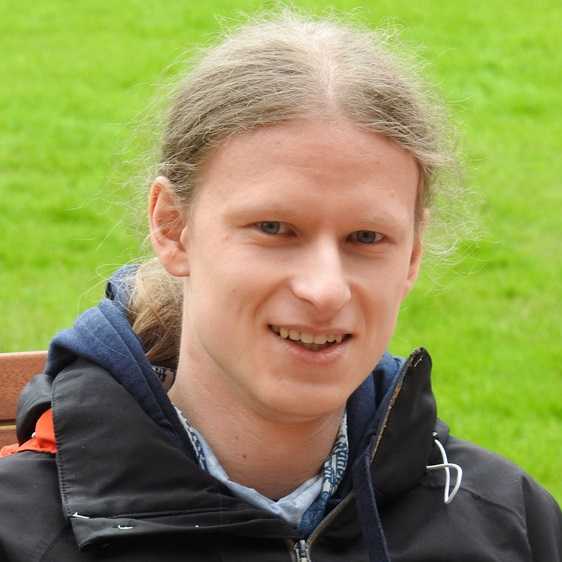
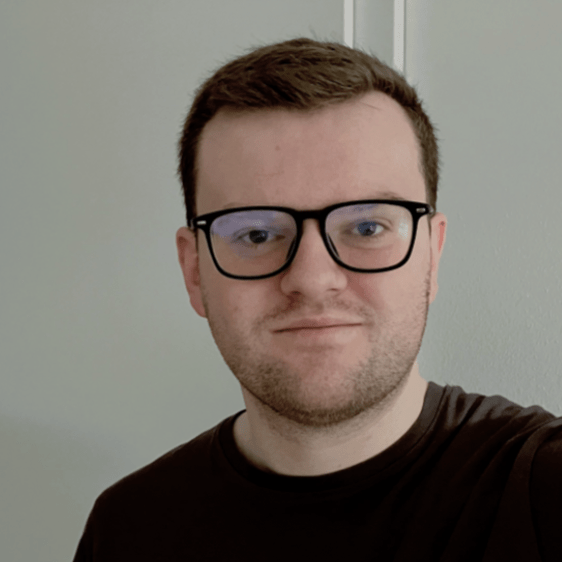
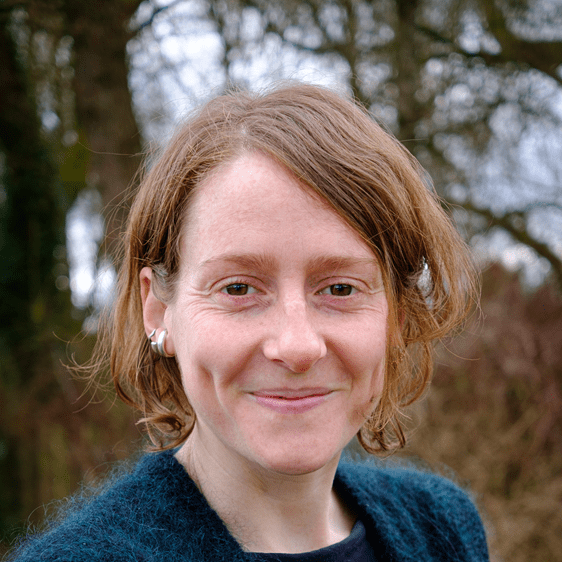

Call 24: Ecosystem Re-assembly Under Climate Change
This cohort focuses on re-assembly of ecosystems given the poleward shift of some but not all species. While temperatures are rising allowing, for example, a poleward movement, other parameters remain the same (such as light availability). Light may not only be limiting for photosynthetic species but also influence the internal clocks of organisms that ensure successful reproduction. Moreover, species that require mutualists for their survival are particularly interesting in this aspect because the environmental parameters within which the partners can thrive may not coincide. Ecosystems are thus re-assembling under climate change.
Call 23: The Great Poleward Shift
Cross-disciplinary cohort project “The Great Poleward Shift” with scholars from humanities, social and natural sciences together considering how climate change affects ecosystems and global biodiversity. The cohort investigates marine communities on the move and evaluate the consequences of those movements for nature and people through varying disciplinary approaches including: marine ecologists, (more-than) human geographers, computer scientists, science and technology scholars, mathematical modellers, and biologists.
Call 22: Biodiversity of Anthropocene Oceans
The Anthropocene centres the role of humans in creating, but also responding to, the current state of planetary precarity. There is currently a proliferation of policies, governance mechanisms and management tools aimed at oceanic protection and yet, as international organizations note, the oceans remain in ‘deep crisis’ (UN, 2020). Research is thus needed that crosses boundaries in examining environmental problems, transcending the borders of typical disciplinary approaches by asking fresh questions, drawing on novel methods, innovative tools of analysis, and expanding critical theories (UN Ocean Decade, 2020).
This postdoctoral cohort is situated within and across areas of biodiversity change, ecosystem functions and conservation and management to understand our anthropocene oceans. Central to the call is research that employs networks, flows and systems as concepts (and realities) that explore linkages between environmental problems and society.
Objectives
The main objective is to enhance the research potential and career perspectives of early career scientists researchers from around the world.
– EDUCATIONAL OBJECTIVE –
At the end of the HIPP phase, postdoctoral researchers will have developed their own distinctive research profile and achieved scientific independence.
– DEVELOPMENTAL OBJECTIVE –
By the end of the HIPP phase, graduates will possess management competencies and the interdisciplinary skills required for (scientific) leadership roles in the present and future.
– NETWORKING OBJECTIVE –
By the end of the HIPP phase, graduates will be connected nationally and internationally, possibly across sectors.
Networking & Transfer Activities
The HIFMB is located in Oldenburg, a city in Northern Germany, which is a region that is home to a large number of institutions dedicated to environmental and marine research. In addition to the AWI and the ICBM, the institutions with which the HIFMB researchers regularly interact include the Max-Planck Institute for Marine Microbiology in Bremen, the Center for Marine Environmental Sciences (MARUM) at the University Bremen, and Leibniz Centre for Tropical Marine Research in Bremen. We offer the possibility to bring in additional complementary second advisors from institutions outside the HIFMB, like the ones mentioned above or others.
HIFMB further strives for transformation and bridging the science-policy interface. Therefore, we support with our experience in transfer activities through the Transfer Office and opening our networks.
Support
HIPP offers a wide range of professional and interdisciplinary training courses, lectures, as well as networking events. Among others, we offer
- An interdisciplinary research environment with expertise in experimental and field oriented marine ecology, data science, modelling, marine governance and political ecology.
- Career development support through transdisciplinary workshops, seminars and mentoring at the Graduate Academy of Oldenburg University and AWI’s postdoc office PROCEED.
- A lively international atmosphere and family-friendly environment.
- We facilitate the development of postdocs as well as other Early Career Researchers at HIFMB by providing additional support and funding for various initiatives, including writing retreats, coaching, leadership courses, participation in international conferences, active involvement in HIFMB symposiums, annual retreats, and seminars.
Timeline & Outlook
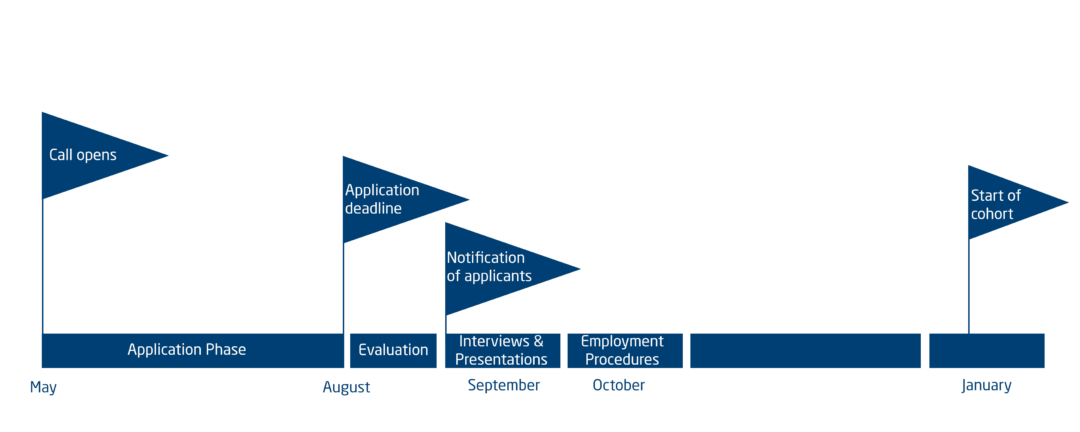
The next call will open in spring 2026.
For further positions at HIFMB, have a look here.
Contact
If you have any questions about administrative and procedural matters, you may reach out to Ruth Krause.
